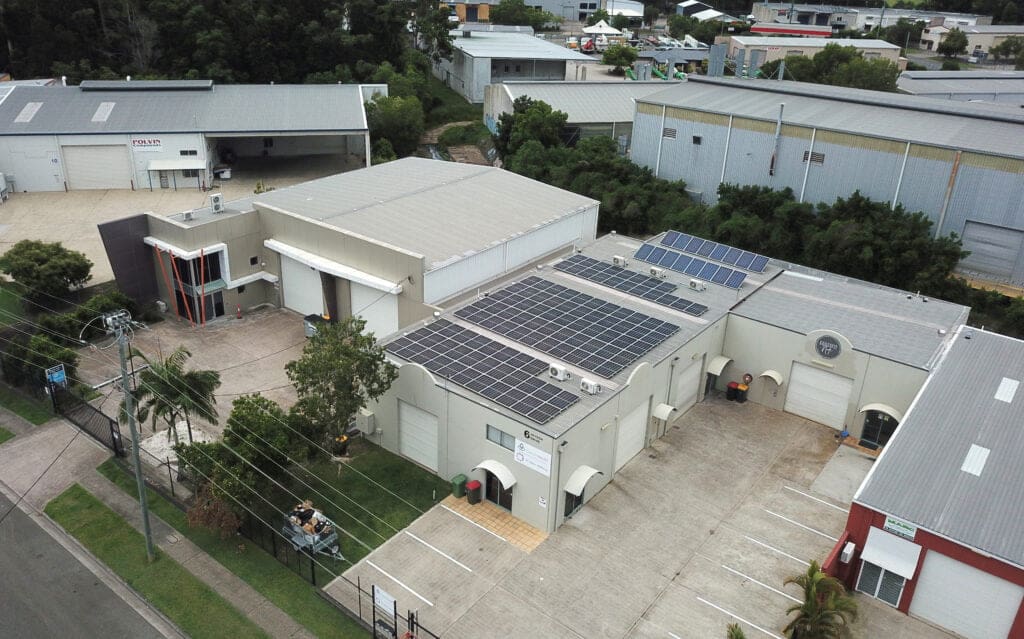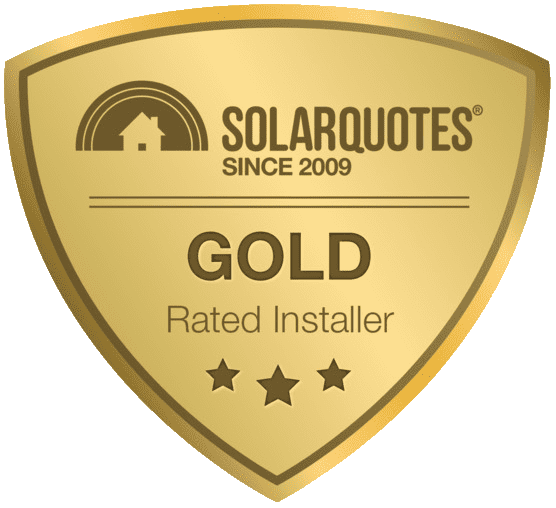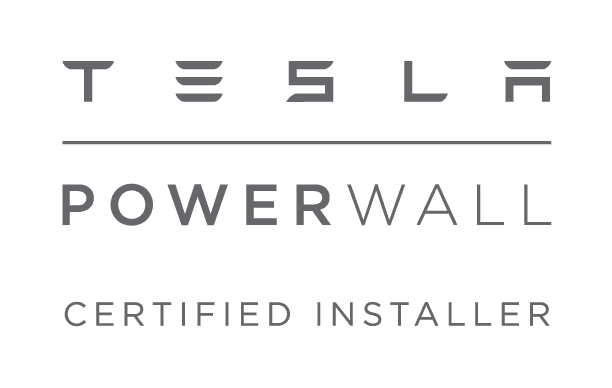

Living on solar: Is ditching the grid realistic?
How Practical Is Living On Solar?
Installing a practical solar energy system onto your own home can benefit both yourself and the environment.
Most people today know at least a little bit about solar panels. In fact, if you’ve never seen them installed on a house, odds are you’ve at least noticed some smaller black solar panels on a calculator or on your neighbor’s sidewalk lights. Most people consider solar technology nothing more than a neat invention with minimal, large-scale applications.
In reality, today’s solar power technology makes up a $100 billion industry with no signs of going away in the near future. Some of the largest companies in the world use solar panels at their various facilities across the country. Such businesses include Google, Walmart, Apple, and General Motors. They can utilize these power systems to generate millions of dollars worth of electricity each year.
So, the utilization of solar energy by large corporations seems to benefit both the companies as well as the environment. Nonetheless, how practical would it be to install a similar system on a smaller scale onto your residential home?
- 1. Your system may be smaller than you think. Most people assume that converting a home to solar energy means cutting down trees. After all, you need to fill up the entire front yard with sun-thirsty solar panels, right? Not true. Solar systems can be rather modest installations, depending on your energy consumption.
- 2. You may have some help going solar. That’s because most states have several tax incentives that help reduce some of the costs associated with converting your home into a solar-powered residence. If you would like to learn more about some of the tax incentives for going solar in your particular state, then check out the Database of State Incentives for Renewables and Efficiency.
- 3. You don’t have to fully commit right away. One of the best parts about living on solar today is the fact that you don’t have to ditch the grid completely yet. This is especially true if you’re already hard-wired into the grid. Many utilities can rig your home with a special meter. It’s a device that measures the amount of energy coming in and going out. This means that if you produce more than you use, then the power company will be paying you for the electricity that you are feeding back into the grid. However, if you do have a grid-tied unit, be aware of the following possibility. When there’s a blackout, you won’t have power despite having solar panels (that’s a requirement of utility companies). To get around this, you’d need a stand-alone solar generator that is not tied to the grid.
Conclusion
So is ditching the grid for a solar-powered system a realistic proposition? The answer is absolutely, and for lots of reasons.
Going solar will also take another necessity that your family depends on out of the hands of the power company. Consequently, you will find it directly in your own control.
Ditching the grid and living on solar isn’t just a realistic choice – it’s also a responsible one.















